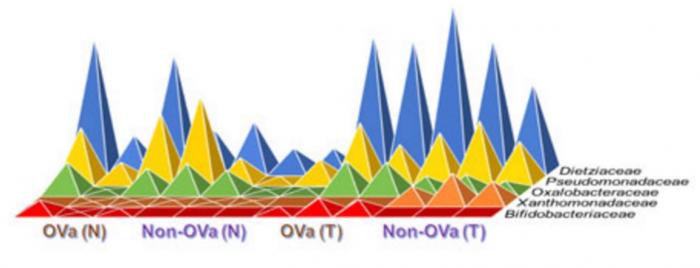
Zika infection lingers longer in pregnancy, monkey study finds
By: Catharine Paddock PhD
A study of monkeys finds that infection with Zika virus protects against future infection and clears from the body quite quickly - within around 10 days. However, in pregnancy, the virus can take three to seven times longer to clear.
In the journal Nature Communications, researchers report how they are establishing rhesus macaque monkeys at the Wisconsin National Primate Research Center as a model for researching the progress of Zika virus infections in people.
They note that what they have shown in the monkey model mirrors much of what has been observed in studies of humans.


